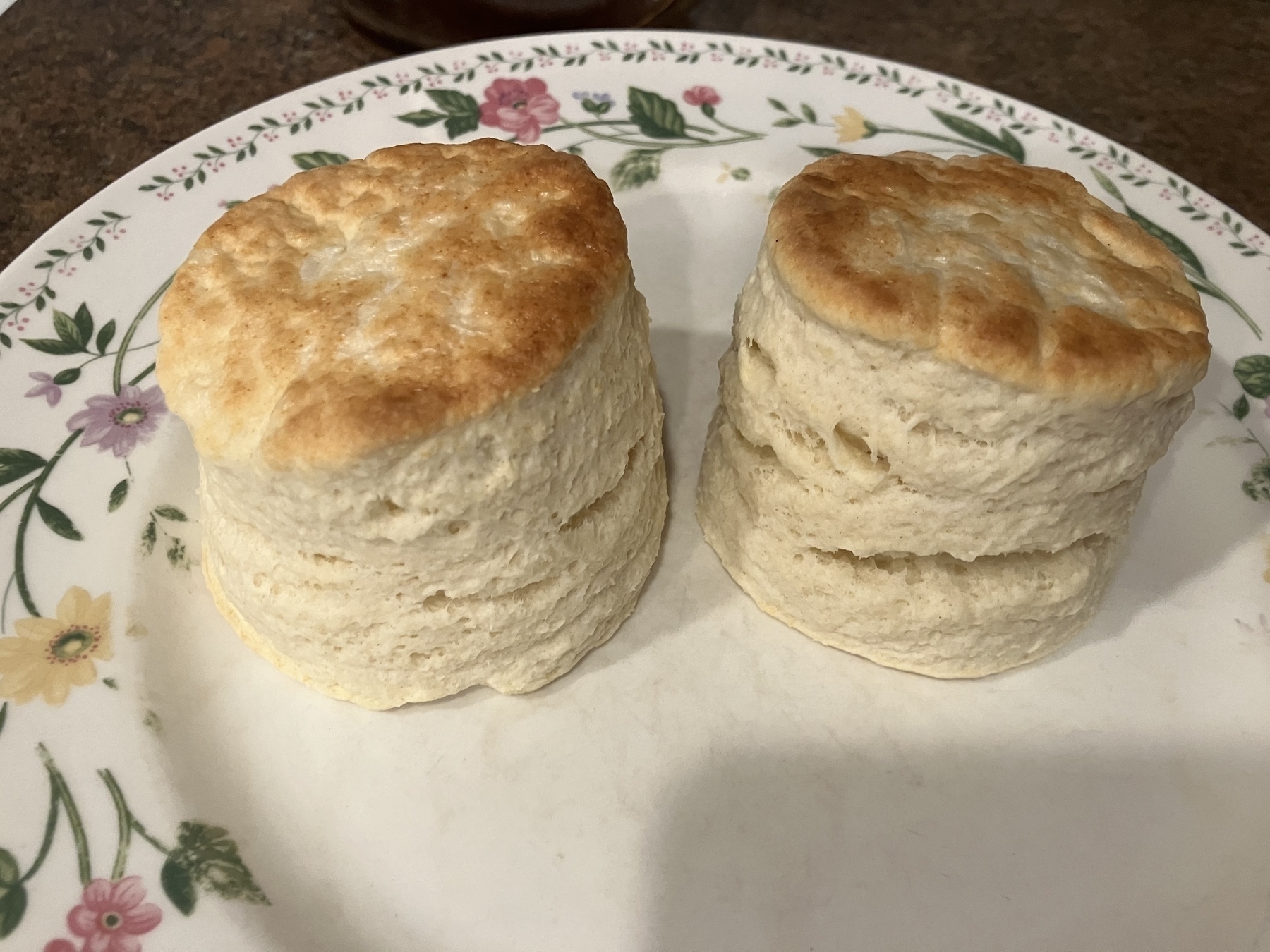Goodfellowship by Li Po
Hast thou not beheld the Yellow River Which flows from Heaven? It runs rapidly down and empties into the sea, Nevermore to return. Hast thou beheld the mirror in the hall That reflects the grief of white hair? In the morning it is like black silk, In the evening it will be covered with snow. While we are in the mood of joy, Let us drink! Let not the golden bottle be lonely, Let us waste not the moon!
